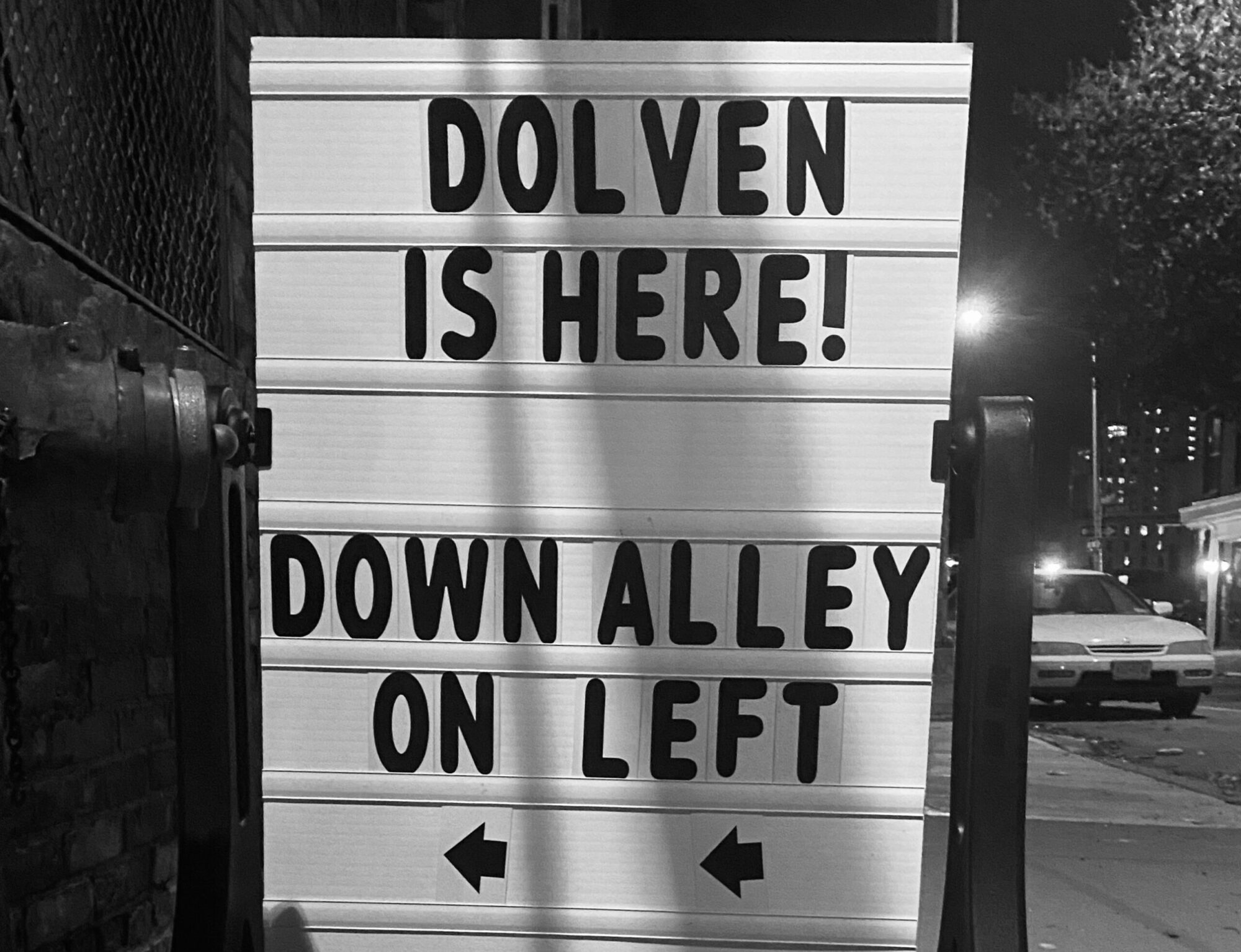advising
Dissertations at Princeton are supervised by committees of two or three faculty members. Along with colleagues Leonard Barkan, Bradin Cormack, Russ Leo, and Nigel Smith, as well as Daniel Heller-Roazen, Joshua Kotin, Eileen Reeves, Vance Smith, and Susan Stewart, I have overseen dissertations on a wide variety of topics. You can see some of the books that have come of them here. Students whom I have supervised over the last dozen years are now teaching in tenured or tenure-track positions at DeSales University; Duke University; Harvard University; King’s College, London; Northwestern University; Occidental College; The University of St. Andrew’s; Southern Methodist University; The University of Texas at Austin; University College, Oxford; West Texas A&M; and Williams College.
current courses
On leave academic year 2019-20.
recent courses
The Poetics of History (HIS/HOS 592 / ENG 597): How is history invented? Which is to say, how is the past both “made” and “discovered”? This course, co-taught by a historian of science and a literary critic, explores the borderlands between the archive and the imagination. With D. Graham Burnett. We summarized the seminars as we went on a blog.
Shakespeare’s Dramatic Language (ENG 523): A survey of Shakespeare’s linguistic resources, from several standpoints: the history of the language, the art of rhetoric, problems of attribution (including the potentials of computational stylometrics), and poetics. Weekly exercises in stylistic description and imitation. What does Shakespeare sound like?
Experience (HUM 599): Modern criticism is preoccupied with what is behind the curtain: we are a generation of unmaskers, whose self-appointed task is to protect audiences from naïve belief, delusion, and enchantment. This course will ponder critique in some of its paradigmatic instances, and examine its history. With D. Graham Burnett.
Critique and Its Discontents (HUM 599): A genealogy and a practicum. The course will explore the varieties of experience from Montaigne to Agamben, with attention to epistemology and aesthetics, science and religion; readings will guide a series of practical experiments in the transfiguration and/or instauration of knowledge. With D. Graham Burnett.
